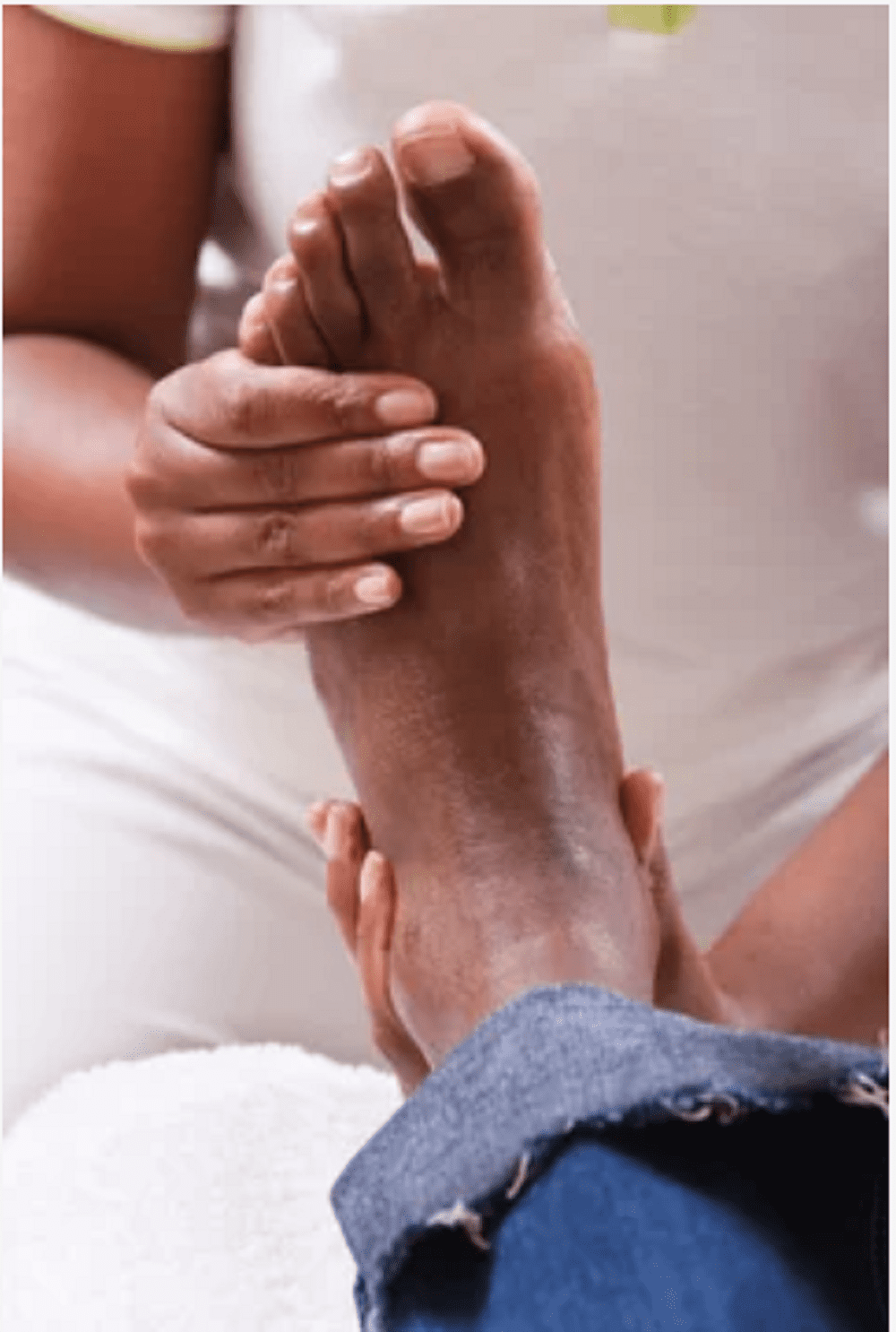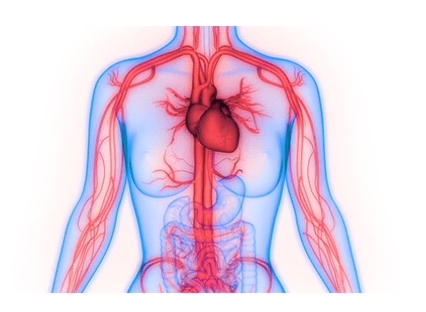
High Blood Pressure? What to do about it.

When your doctor places a blood pressure cuff around your arm, the objective is to learn more about how well your heart is performing. Blood pressure isn't an illness in and of itself. However, the harm it can do to the heart and blood arteries over time can lead to heart disease. When your heart beats, it exerts pressure on your arteries, veins, and capillaries, causing blood to flow through them. The consequence of two forces is blood pressure. The heart pumps blood out of the heart and into the arteries first. This is referred to as systolic pressure. Diastolic pressure refers to the time between each heartbeat while the heart is at rest. The systolic blood pressure and the diastolic blood pressure are the two values that make up a blood pressure measurement. A healthy blood pressure reading is less than 120/80 mmHg, or "120 over 80," with systolic pressure at the top and diastolic pressure at the base.
Your blood pressure changes throughout the day depending on what you do. It may be a symptom of high blood pressure if it continuously remains above normal, indicating that the blood is exerting excessive pressure on the walls of your blood vessels.
Your chance of developing additional health concerns, such as heart disease, heart attack, and stroke, increases when your blood pressure rises. It might be difficult to keep track of your blood pressure outside of doctor's appointments. Blood pressure levels normally rise gradually, and there are usually no signs of high blood pressure.
The good news is that high blood pressure is preventable and manageable. Knowing what causes it is the first step in both cases.
History of the Family
Genetics is one factor that contributes to high blood pressure. According to the Centers for Disease Control and Prevention's Office of Public Health Genomics, while genes have a role in high blood pressure, it is just as probable that family members are at a higher risk due to the surroundings and other possible risk factors they share.
Age, gender, and race are all factors to consider.
Your age, gender, and color or ethnicity can all play a role in the development of high blood pressure. Because blood pressure tends to rise as we age, nearly nine out of ten Americans will acquire excessive blood pressure over their lives. In addition, women are almost twice as likely as males to acquire high blood pressure throughout the course of their lives.
Black individuals are more likely than other races to have high blood pressure. Black people are also more prone than white people to acquire high blood pressure early in life.
Exercise and Diet
While knowing your family history and personal risk factors are essential, you should also examine the causes you may influence. Diet and physical activity are two important variables.
Aim to consume more whole grains, fruits, and veggies in your diet. Reduce your sodium, saturated fat, and cholesterol intake by eating fewer high-sodium, high-saturated-fat, and high-cholesterol meals.
Smoking and consuming alcoholic beverages
High blood pressure is also increased by smoking and drinking excessively. For women, this entails more than one drink each day. It's more than two for guys.
Tobacco contains nicotine, which elevates blood pressure. Carbon monoxide, which is created by smoking tobacco, lowers the quantity of oxygen that can be carried by the blood.
Situations of Health
High blood pressure can be caused by a variety of health problems. Approximately six out of ten persons with diabetes also have excessive blood pressure. When insulin issues prevent glucose from entering cells, sugar builds up in blood vessels, causing harm.
During pregnancy, high blood pressure is also a possibility. During pregnancy, birth, and after delivery, this condition can put the woman and her infant at risk for problems. High blood pressure affects one out of every 12 to 17 pregnancies in women aged 20 to 44 in the United States.
Always listen to your doctor's instructions and take any blood pressure drugs that are given. Manage your lifestyle risk factors as well:
- Smoking is not permitted.
- Drink alcohol in moderation or not at all.
- Consume a nutrient-dense, sodium-free diet.
- Keep a healthy weight.
- Aim for 30 minutes of exercise five days a week.
- Take control of your stress levels.
Get lots of rest.
We are just a call or click away. To learn more, book an appointment online or over the phone with PeachState Advanced Cardiac & Endovascular. We have several locations in Georgia: Newnan, Atlanta, & Griffin.
You Might Also Enjoy...


Should I be worried about my numb feet?

Can leg cramps be a sign of something serious?

Meet Dr. Odiete - PACE Cardiovascular Specilaist

Keeping your Vascular System Healthy


